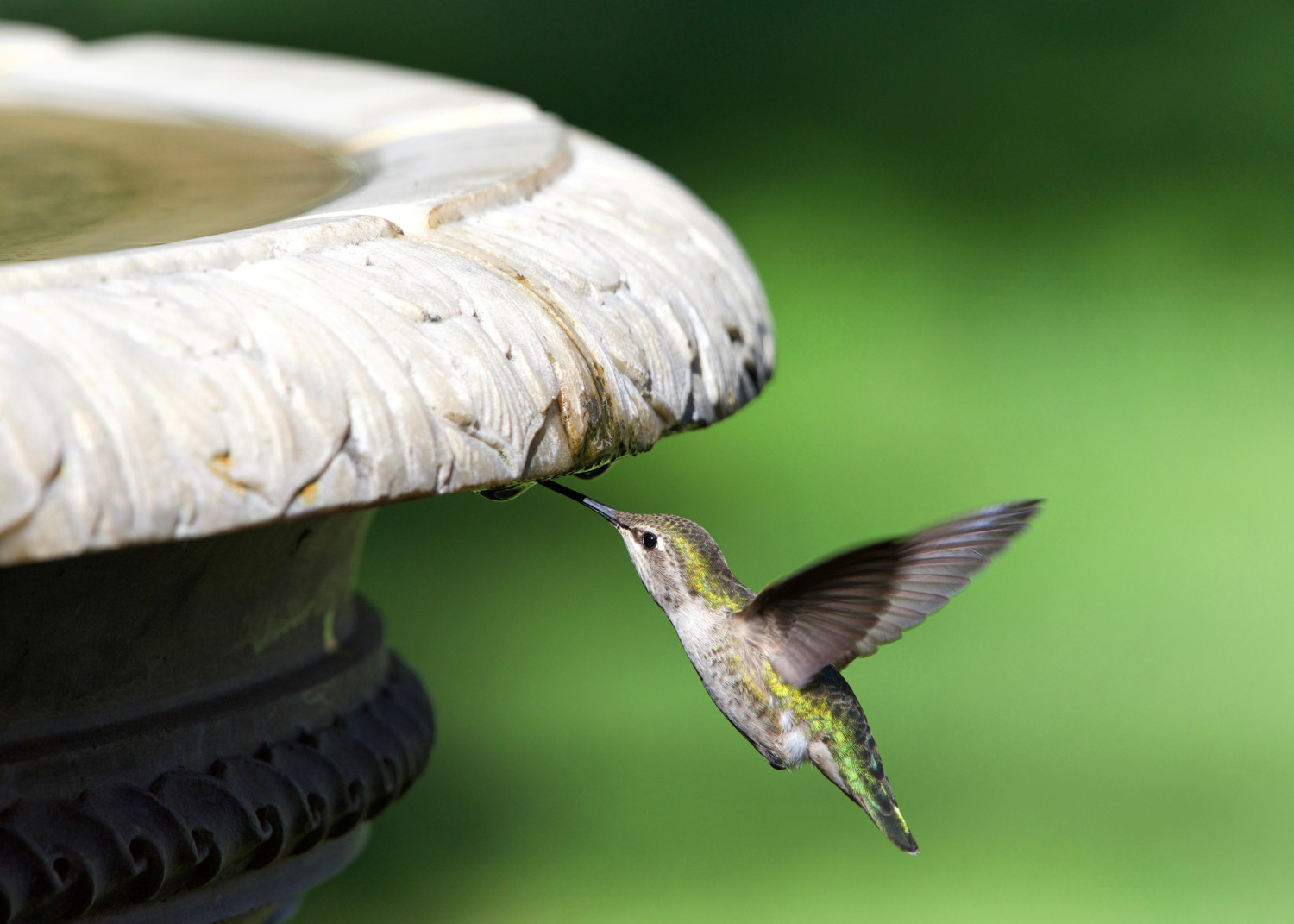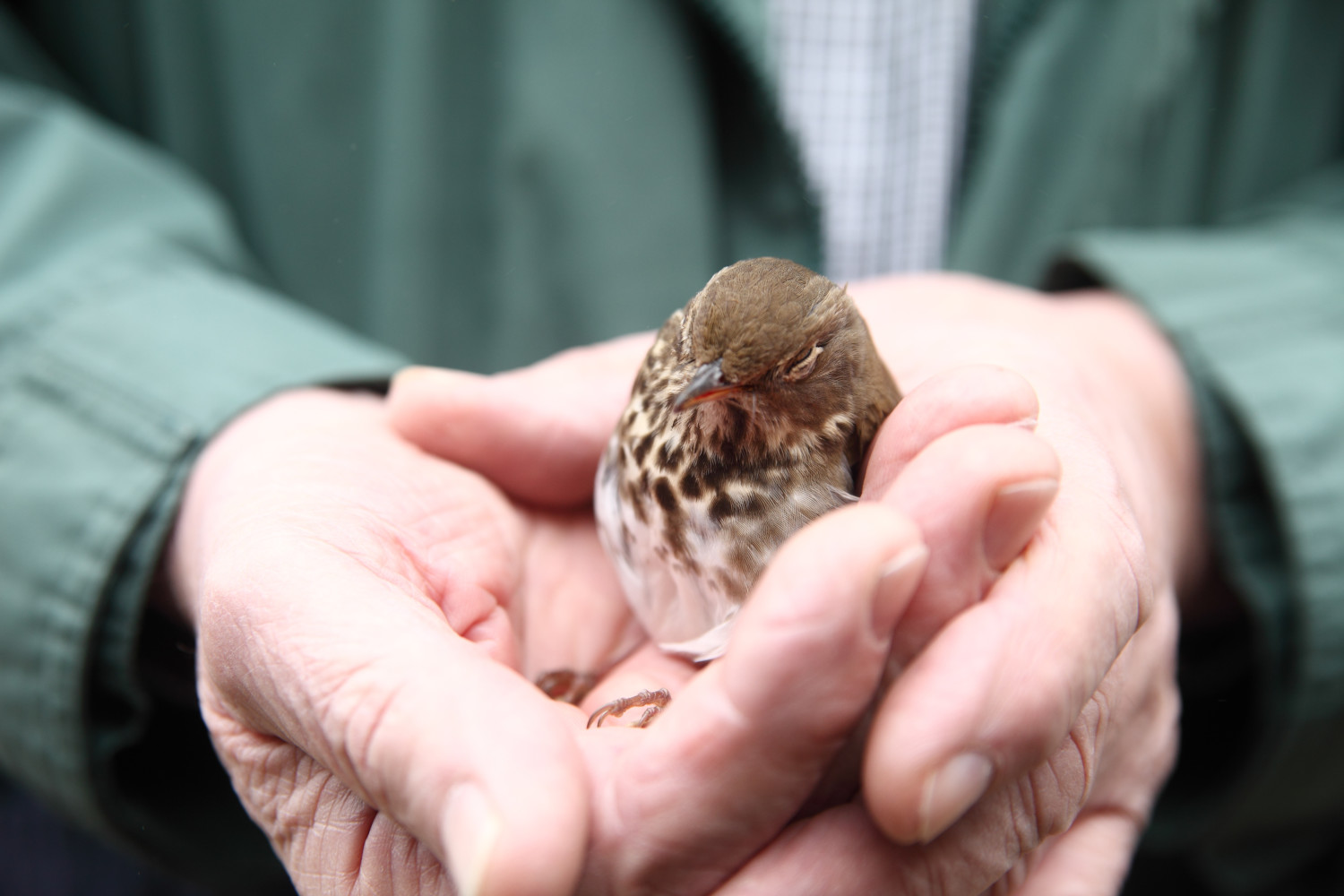It would appear that instituting regulations to improve air quality over the past four decades has not been in vain. According to a study by scientists at Cornell and the University of Oregon, published last fall in Proceedings of the National Academy of Sciences of the United States of America, changes made to reduce ozone pollution might have saved 1.5 billion birds’ lives during the past 40 years.
Ozone is a naturally-occurring gas that exists in the upper atmosphere to protect Earth from harmful ultraviolet rays. However, ozone can also be produced by pollutants emitted by cars, power and chemical plants, and other sources that react to sunlight. This ground-level ozone can be harmful, causing health problems in humans and negatively affecting the environment.
Since the early 1980s, countries worldwide have worked on phasing out chemicals known to destroy ozone in the Earth’s upper atmosphere to help protect human health and the global environment.

“Our research shows that the benefits of environmental regulation have likely been underestimated,” Ivan Rudik, the Ruth and William Morgan Assistant Professor at the Dyson School of Applied Economics and Management and co-lead author of the study, told the Cornell Chronicle. “Reducing pollution has positive impacts in unexpected places and provides an additional policy lever for conservation efforts.”
The researchers tracked birds and air quality for 15 years and found that ozone pollution damages birds’ respiratory systems and food sources. Small, migratory birds that comprise the majority of land-bird species in North America are subject to the greatest amount of harm.
“The good news here is that environmental policies intended to protect human health return important benefits for birds too,” study co-author Amanda Rodewald told the Cornell Chronicle. She is the Garvin Professor of Ornithology in the Department of Natural Resources and the Environment in the College of Agriculture and Life Sciences, and director of the Center for Avian Population Studies at the Cornell Lab of Ornithology.
A previous study from 2019, published in Science, found that the global bird population had experienced a net loss of 2.9 billion birds over the last 48 years, mostly due to habitat changes. This new study indicates the decline of birds could have been much worse.

Everyone can help improve air quality with practices such as driving less, choosing environmentally-safe products and avoiding activities such as burning leaves or trash on days when particle pollution is expected to be high.
Study co-author Catherine Kling, Tisch University Professor at the Dyson School and faculty director at the Cornell Atkinson Center for Sustainability, said in the Cornell Chronicle, “This work contributes to our ever-increasing understanding of the connectedness of environmental health and human health.”
This story originally appeared on Simplemost. Checkout Simplemost for additional stories.


